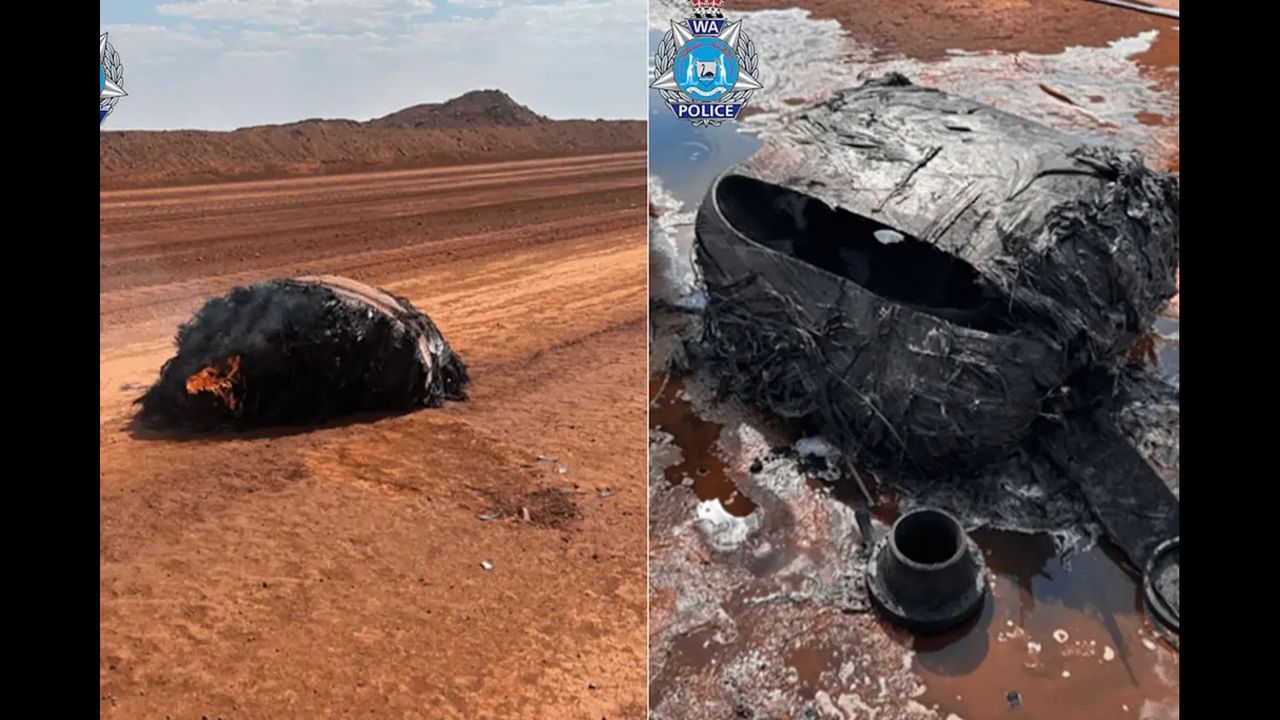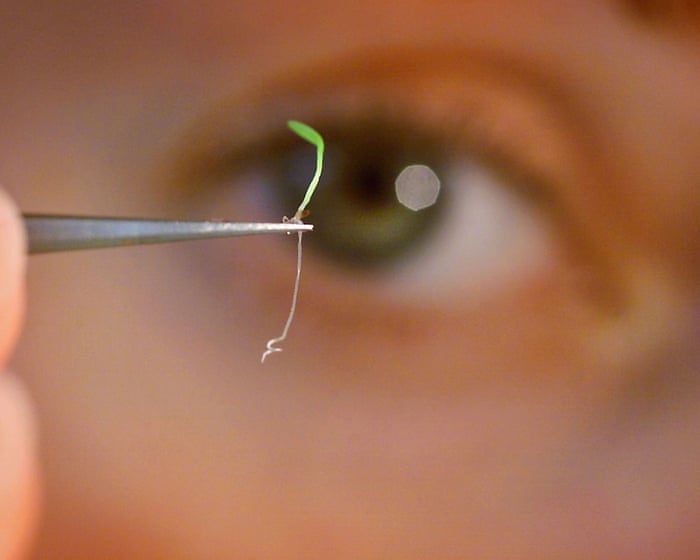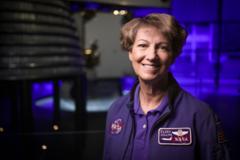Mysterious smoldering wreckage in Australian Outback is likely part of a Chinese rocket
NeutralScience

A piece of smoldering wreckage discovered in Western Australia is believed to be part of a Chinese rocket that crashed to Earth on October 18. This incident highlights the ongoing concerns regarding space debris and its potential impact on Earth, raising questions about the safety measures in place for space missions.
— Curated by the World Pulse Now AI Editorial System





